The Experience Economy: A Shift in Hotel Profitability
Hotel companies need to implement multisensory experiences at their properties to gain the attention of Millennial travelers and capture the generation's growing buying power, argues Forté Specialty Contractors Founder & CEO Scott Acton.
By Scott Acton, CEO & Founder, Forté Specialty Contractors
 With an increasing desire for unique experiences, Millennials are driving an “experience economy” by placing a greater value on time spent with friends and family than material goods. According to HVS Global Hospitality Services, the average spending power of Millennials will reach a climax in 2017. By 2030, this generation will outnumber all other age groups combined, becoming the main driving force of U.S. consumer demands and fueling more than two-thirds of the nation’s economy.
With an increasing desire for unique experiences, Millennials are driving an “experience economy” by placing a greater value on time spent with friends and family than material goods. According to HVS Global Hospitality Services, the average spending power of Millennials will reach a climax in 2017. By 2030, this generation will outnumber all other age groups combined, becoming the main driving force of U.S. consumer demands and fueling more than two-thirds of the nation’s economy.
According to The G Brief, when it comes to travel, Millennials comprise 22 percent of all travelers and spend roughly $200 billion annually on trips. Consumers, especially Millennials, now desire and expect a fully immersive and experiential outing. This evolution in consumer expectations has caused a dramatic shift in the hospitality industry, affecting the way hospitality professionals think, build and design.
To create a truly distinguishing experience for guests, the project design team, contractors, owners and developers are now tasked with creating atmospheres that engage the senses. An emphasis on the multisensory experience not only helps to attract guests, but drives the financial success of hotels. A one-size-fits-all approach does not work, as each hotel boasts its unique target demographics, but developing a strategy based on creating an experience for consumer desires can be a key driver of success.
The new generation of consumers is looking to gather authentic experiences from the places they visit. According to data compiled by PGAV Destinations, 70 percent of Millennials said they would appreciate interactive experiences rather than traditional traveling practices. This is significant for hoteliers to recognize, as multisensory design is more than just visual appeal. In previous years, project teams in the hospitality industry created environments that primarily focused on the look of the space. However, with new advancements in technology and a shift in consumer preferences, project teams are now moving beyond the design of the building façade, as consumers are basing their decisions on the emotion the hotel evokes. Bringing the multisensory experience to the next level requires collaboration and innovative construction techniques with design-build teams.
When bringing multisensory concepts to life within the hotel industry, it is best to engage all five senses, as each sense offers its own unique impression on guests. If a consumer’s desired experience isn’t met, they likely will not come back. The consumers of today are more sophisticated and discerning than ever before. Because of this, there are times when guests walk into a space and innately feel something is a bit off, but they aren’t sure why. This is why intuitive design is more important than ever: allowing the user of the space to focus on the task at hand without thinking about it, making the user experience simple. When it comes to hotels specifically, certain details such as the comfort of chairs, acoustics of the room or the scent of the lobby directly affect the guest experience and can have a profound, negative impact on guest satisfaction if neglected. Contextual and regional design also play a significant role in guest appeal—hotel design that does not authentically embody its surroundings may not be as appealing to today’s consumers.
Millennials long for engagement and value experiences to a greater extent than previous generations, which is why hotels must be more holistic and spectacular than ever before. By developing these multisensory experiences that cater to each of the five senses, hotels can gain the attention of Millennial travelers, thus capturing the generation’s budding buying power.


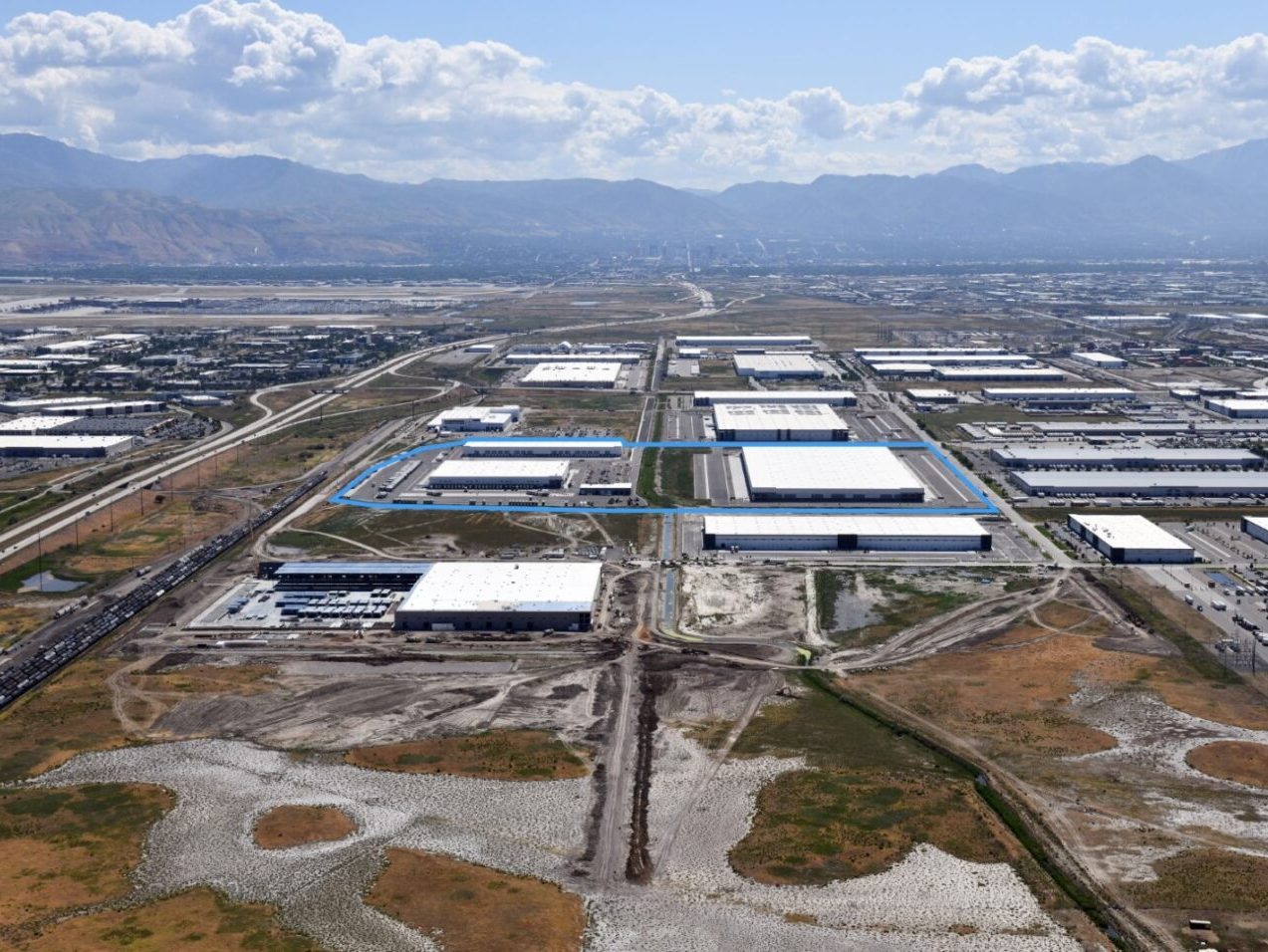
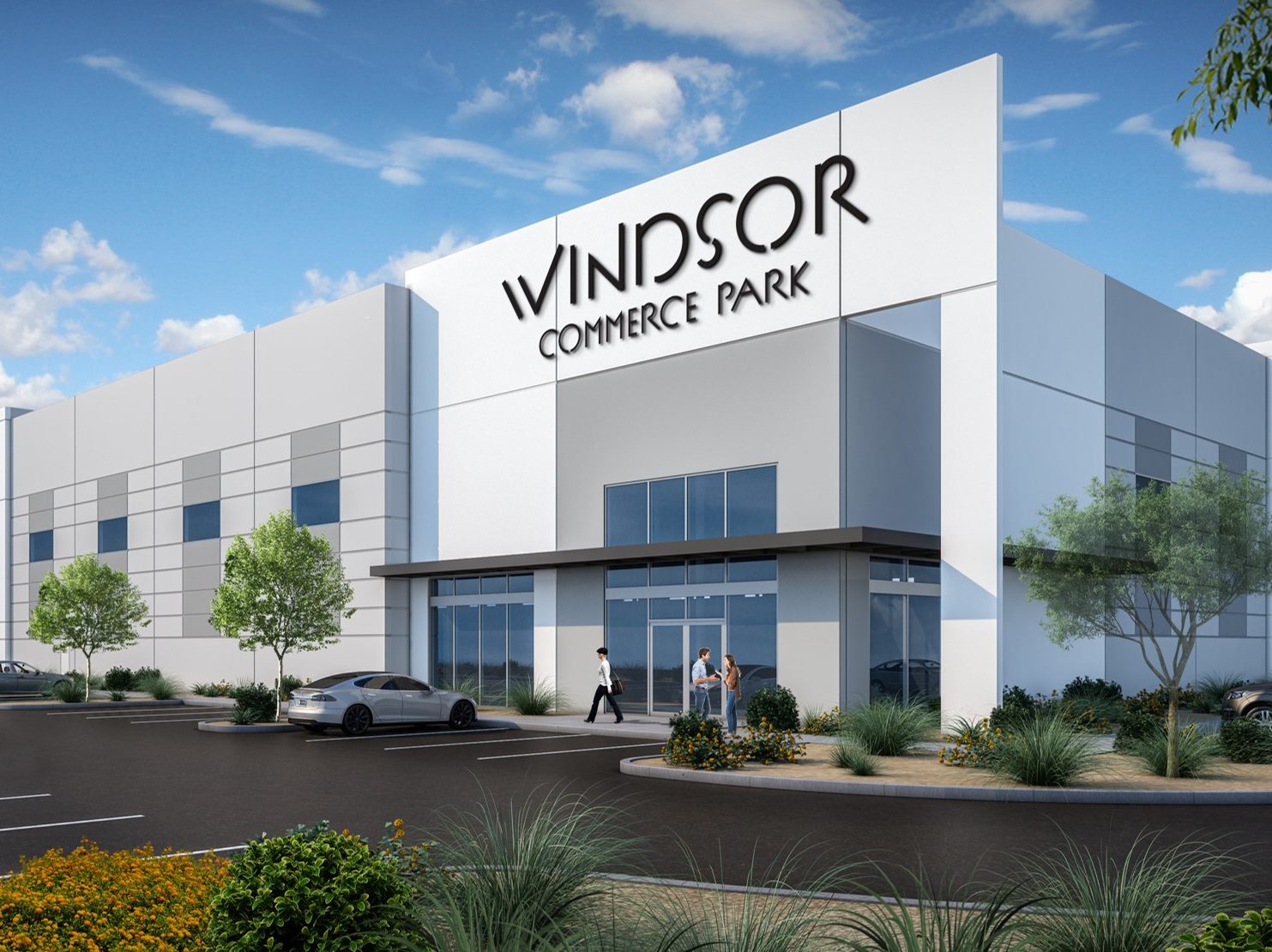
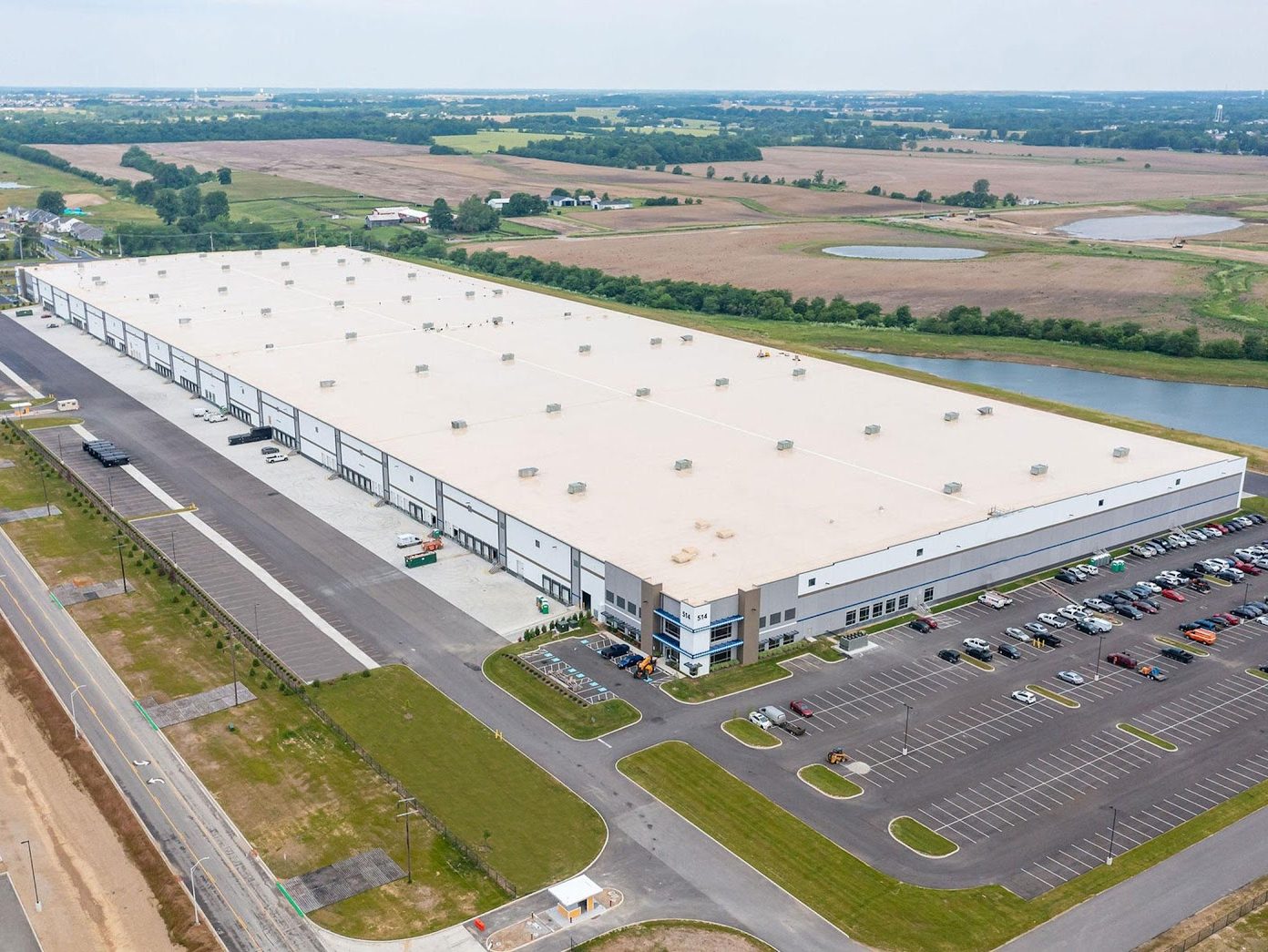
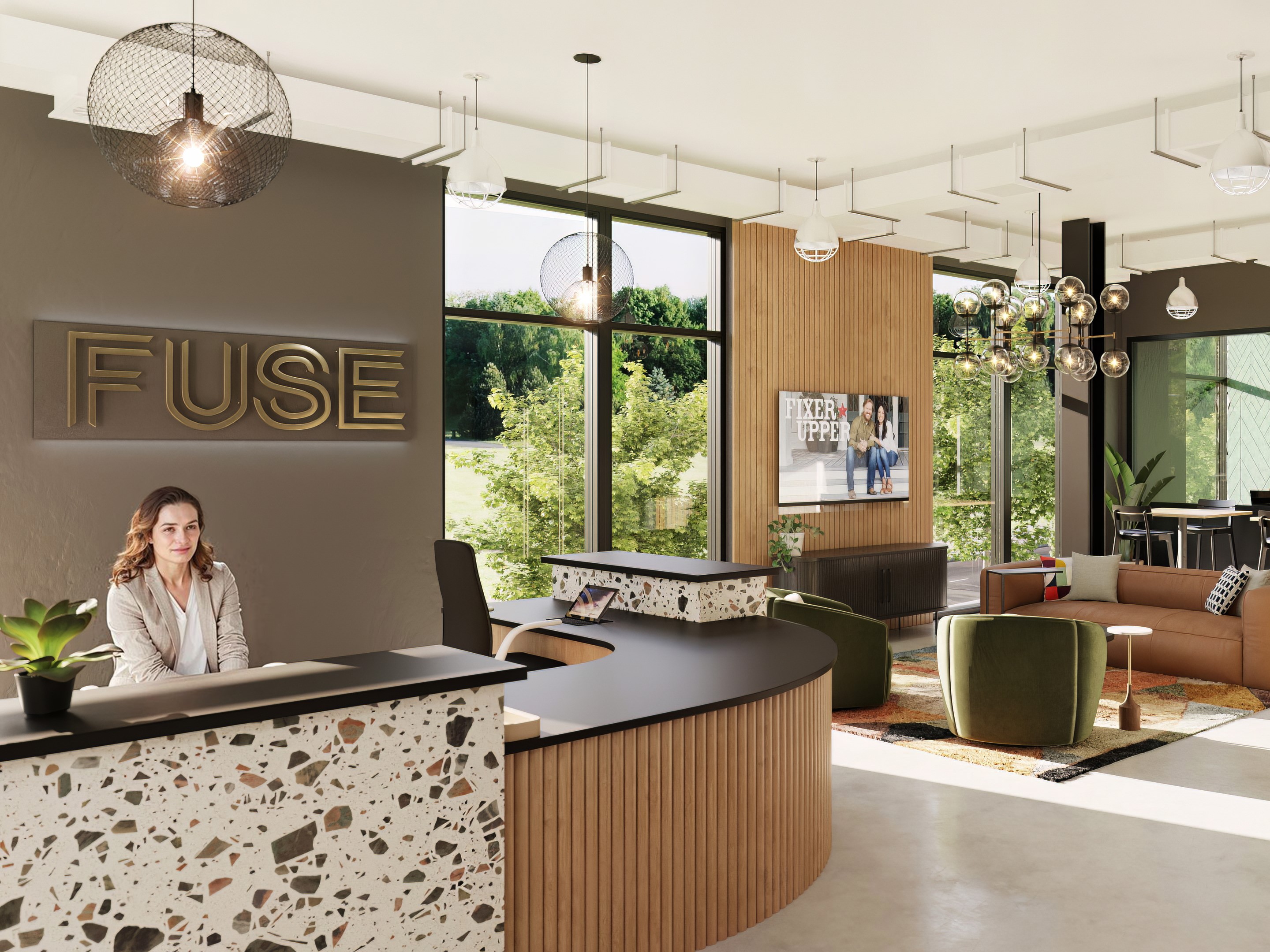
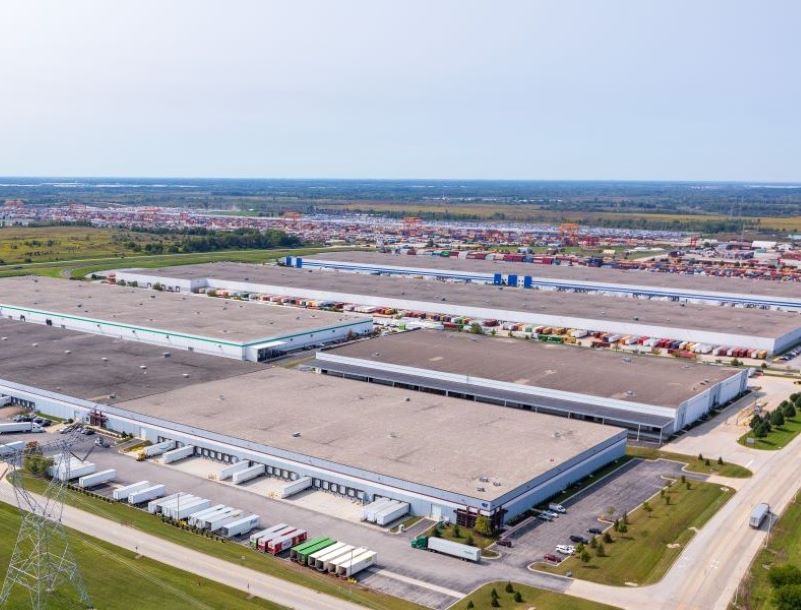
You must be logged in to post a comment.